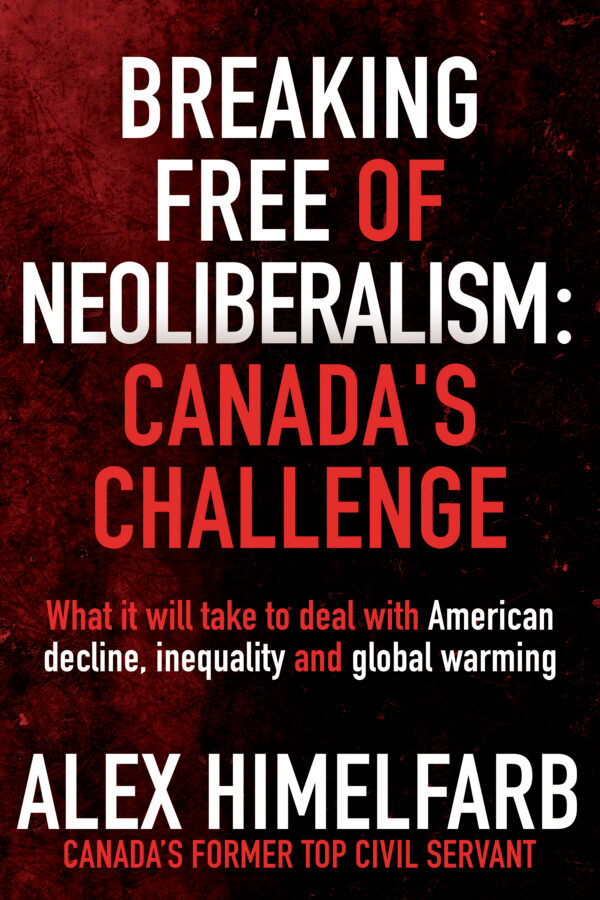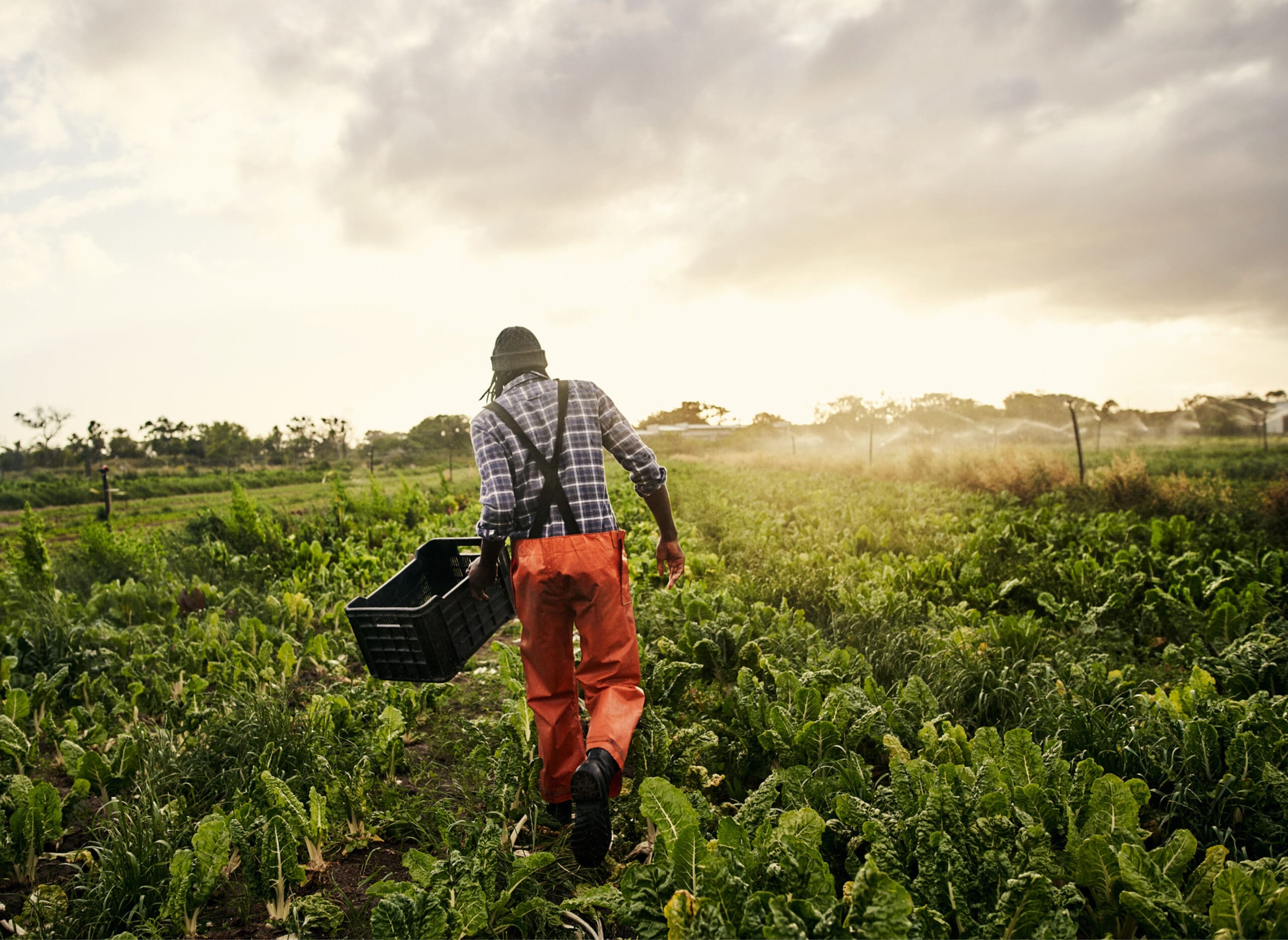READ THE FULL REPORT HERE.
Vancouver–In the wake of a Premier’s meeting dominated by concerns about climate change policies, the Canadian Centre for Policy Alternatives released a discussion paper today about ways British Columbia can reconcile economic and social needs with its ambitious emissions reduction targets.
“The provincial government’s commitment to reduce greenhouse gas emissions by at least one third by 2020 and 80% by 2050 is an important step in the right direction,” says Marc Lee, senior economist with the Canadian Centre for Policy Alternatives. “But we are starting from a point of growing inequality – in terms of individual incomes and wealth, carbon footprints, and regional disparities. We need to make sure our policy choices for tackling climate change also tackle these inequalities.”
Seth Klein, the CCPA’s BC Director, cites proposals for a carbon pricing system as an example. “We are expecting a ‘green’ theme budget later this month from the provincial government, which may include a carbon tax,” says Klein. “If we are going to increase the cost of emitting greenhouse gases, we must also look at who will pay those costs, and whether the result is fair. I’m concerned that a carbon tax alone means some people will simply buy their way out of change.”
“A bold, effective and fair climate change plan will require a mix of tools – regulation, carbon pricing, just transition programs for workers in affected industries, new industrial strategies, and large-scale public investments in key areas like transit and housing,” says Klein.
“We must aim not only to cut greenhouse gas emissions, but also to improve our quality of life,” says Marc Lee. “It’s a tall order, but with innovative ideas and policies, we can get there. This is our challenge – imagining a carbon-neutral future that is also healthy, secure, and rewarding.”
Searching for the Good Life in a Carbon Neutral BC: Meeting BC’s Greenhouse Gas Reduction Targets with Fairness and Equity looks at the social and economic side of climate policies in areas such as carbon pricing and taxation, transportation, housing, trade and resource sector development. The discussion paper reviews the BC government’s climate actions to date, finding that the Gateway project and oil and gas development are major contradictions in BC’s climate plans. It also calls for a more open and inclusive process of public engagement.
-30-
For media inquiries, contact: [email protected].













